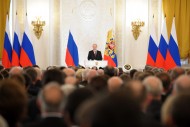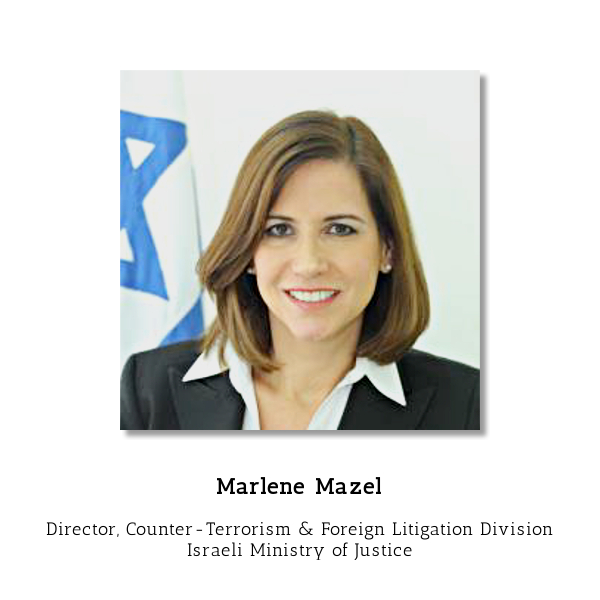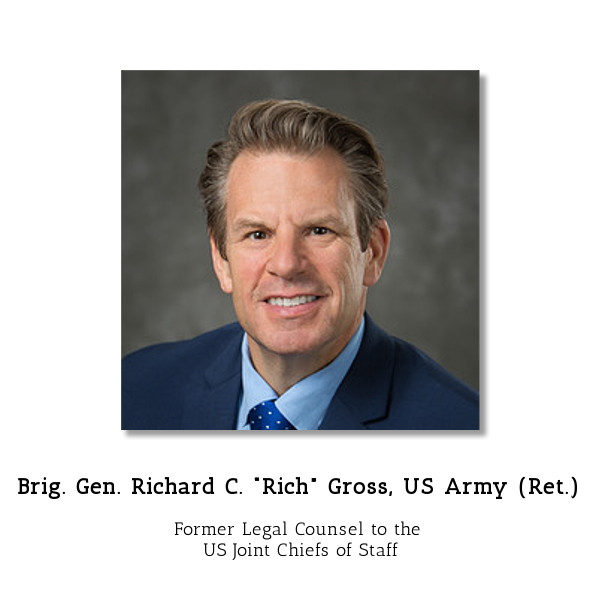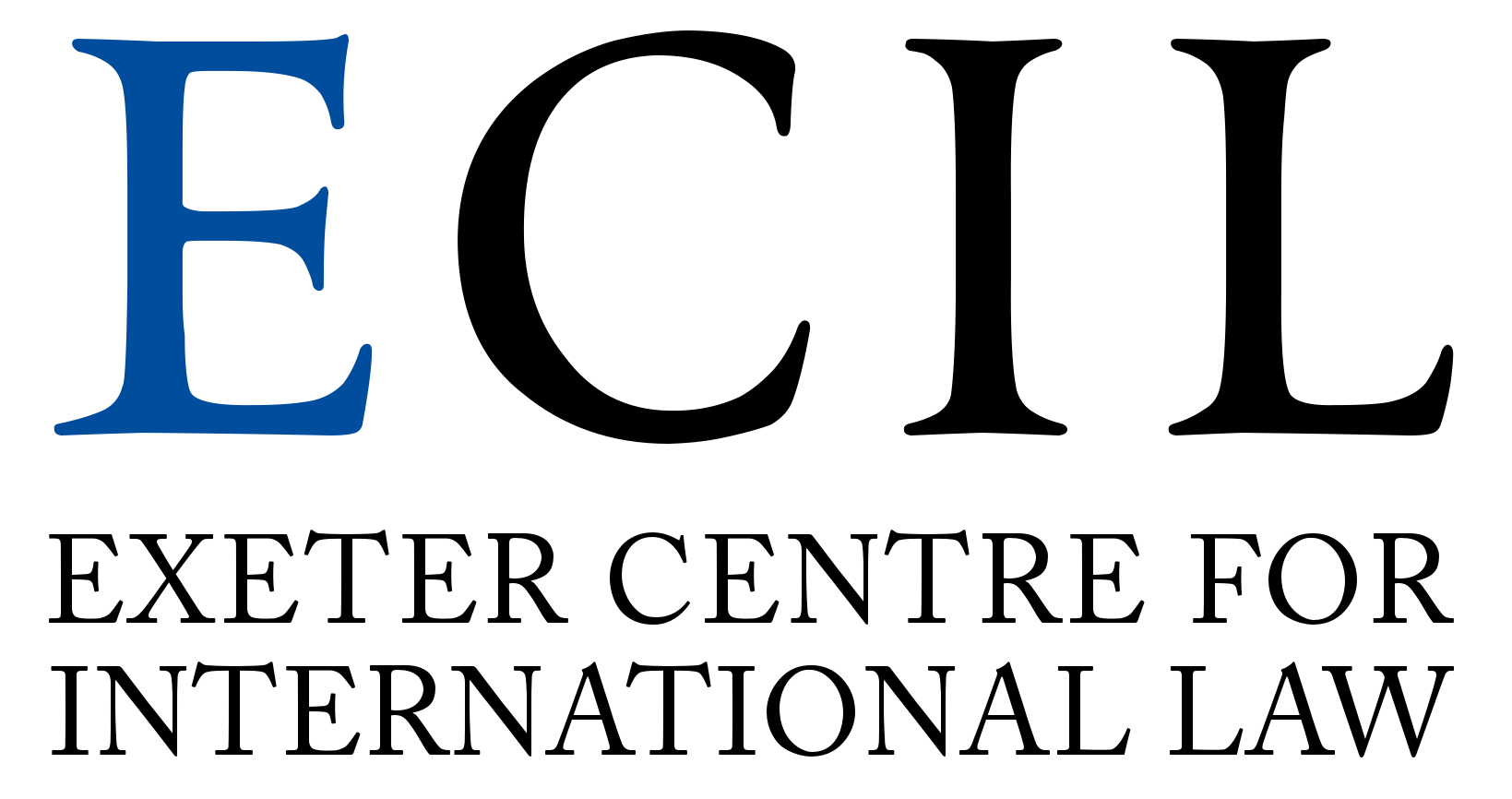Legal Resilience in an Era of Hybrid Threats
The Exeter Centre for International Law is delighted to invite you to a conference on “Legal Resilience in an Era of Hybrid Threats” on 8–10 April 2019 at the University of Exeter. The aim of the event is to explore the legal challenges presented by hybrid threats and to develop the notion of legal resilience as a framework for countering these challenges more effectively. The conference brings together representatives from academia, government and international organisations. The event is held in collaboration with the European Centre of Excellence for Countering Hybrid Threats, the Geneva Centre for Security Policy and the Lieber Institute of the United States Military Academy.
Hybrid threats and the law
Over the last decade, we have witnessed the emergence of a more antagonistic international system characterized by increased competition among major powers. By annexing Crimea, Russia has violated one of the most fundamental principles of international law. China is asserting its interests with greater confidence, as its claims to parts of the South China Sea demonstrate. Western powers too are prepared to disregard international law at times, as they did by striking Syrian regime targets in response to chemical attacks on civilians in April 2018.

With the advent of a more confrontational era, international law has emerged as a major battleground for legitimacy and strategic communication. Law, of course, is a social tool and always serves other ends. However, just as the ends are not all equal, there are degrees to the instrumentalization of law. Systematic non-compliance with the applicable rules and their cynical manipulation as an instrument of political narratives is deeply corrosive to a rules-based international order.
Lawyers have struggled to find the appropriate terminology and analytical perspective to address these challenges. NATO and the EU have embraced the notion of hybrid warfare to describe the threats their member States are facing. The concept also informs thinking at the national level. However, the notion of hybrid warfare, together with the rival concepts of gray zone conflict and lawfare, lack precision and are both under- and over-inclusive. Moreover, different institutions use these concepts in different ways. Whereas NATO tends to emphasize the military dimension of the security environment and focuses on hybrid warfare, the EU is concerned mostly with the non-military dimension and prefers to concentrate on hybrid threats. The Council of Europe, by contrast, approaches the subject primarily from a human rights perspective. The legal community is thus facing a situation where key organizations and political leaders have adopted a language that does not translate well into legal categories and vice versa.
The legal resilience perspective
The concept of legal resilience has the potential to overcome some of the institutional and terminological differences that have arisen in recent years. Resilience theory emerged in the 1970s in the field of ecology. Since then, it has spread to other disciplines, including the social sciences and, to a lesser extent, law.

In November 2017, the European Centre of Excellence for Countering Hybrid Threats launched a network on legal resilience, bringing together subject matter experts and representatives from the Centre’s member States and participating institutions. The work carried out by the network suggests that the concept has significant potential. This is so because legal resilience emphasizes the resistance of legal systems to change and their capacity to adapt in response to disturbances. This shift in focus should enable stakeholders to concentrate on how the law copes with a range of challenges, whether they emanate from hybrid warfare, gray zone conflict or lawfare. The legal resilience perspective therefore should offer a common framework of analysis and a common set of objectives to guide efforts in safeguarding the rule-based international order.
Against this background, the conference aims to better understand the different elements and features of legal resilience; clarify the relationship between legal resilience, hybrid warfare, hybrid threats, gray zone conflict and lawfare; and explore the utility of legal resilience as an analytical and policy framework for countering the legal challenges arising in current international affairs. Further details were set out in the Call for Papers.
Background reading
For a more detailed overview of themes and questions addressed by the conference, feel free to take a look at “Legal Resilience in an Era of Gray Zone Conflicts and Hybrid Threats” by Aurel Sari (ECIL Working Paper 2019/1).
Speakers
Programme
Henderson Lecture Theatre, XFI Building, University of Exeter
Monday, 8 April 2019
Perspectives
| 08:30–09:00 | Registration |
| 09:00–09:20 | Opening Remarks |
| Dr Aurel Sari (Exeter Centre for International Law) | |
| 09:20–10:30 | Keynote Speech |
| Matti Saarelainen (European Centre of Excellence for Countering Hybrid Threats) | |
| 10:30–11:00 | Break |
| 11:00–12:30 | Gray Zone Conflicts and Hybrid Threats |
| Chair: Professor Jutta Brunnée (University of Toronto) | |
| Brigadier General Richard C. “Rich” Gross, US Army (Ret.) | |
| Andris Krastiņš (International Law Division, Ministry of Foreign Affairs of the Republic of Latvia) | |
| Nadia Marsan (Office of Legal Affairs, NATO Headquarters) | |
| 12:30–13:15 | Lunch |
| 13:15–14:15 | Lawfare Today and Tomorrow |
| Moderator: Marlene Mazel (Foreign and Counter-terrorism Litigation Department, Ministry of Justice of the State of Israel) | |
| Maj. Gen. Charles J. Dunlap, Jr., USAF (Ret.) (Duke Law School) | |
| Professor Orde Kittrie (Sandra Day O’Connor College of Law, Arizona State University) | |
| 14:15–14:30 | Break |
| 14:30–15:50 | Resilience and the Law |
| Chair: Dr Hanna Smith (European Centre of Excellence for Countering Hybrid Threats) | |
| Professor Jonathan Joseph (University of Sheffield) | |
| Tobias Vestner (Geneva Centre for Security Policy) | |
| Professor Tamás Hoffmann (Corvinus University of Budapest and Hungarian Academy of Sciences) | |
| 15:50–16:10 | Break |
| 16:10–18:00 | Shipping through the Sea of Azov |
| Moderator: Jukka Savolainen (European Centre of Excellence for Countering Hybrid Threats) | |
| Dr Tadas Jakštas (NATO Energy Security Centre of Excellence) | |
| Oksana Zolotaryova (Directorate General for International Law, Ministry of Foreign Affairs of Ukraine) | |
| Valentin Schatz (Faculty of Law, University of Hamburg) |
Tuesday, 9 April 2019
Challenges and Responses
| 08:30–10:00 | Legal Gray Zones: Source of Opportunity or Conflict? |
| Chair: Professor Michael A. Newton (Vanderbilt Law School) | |
| Professor Melissa de Zwart (University of Adelaide) | |
| Dr Kubo Mačák (University of Exeter) | |
| Emily Knowles (Remote Warfare Programme) | |
| 10:00–10:30 | Break |
| 10:30–12:00 | Competition Below the Threshold |
| Chair: Dr Agnieszka Jachec-Neale (Exeter Centre for International Law) | |
| Professor Steven Wheatley (Lancaster University) | |
| Dr Steven J. Barela (Global Studies Institute, University of Geneva) | |
| Dr Sabine Hassler (UWE Bristol) | |
| 12:00–13:00 | Lunch |
| 13:00–14:00 | Strategic Trends |
| Major General Mitch Mitchell (Development, Concepts and Doctrine Centre) | |
| 14:00–14:10 | Break |
| 14:10–15:10 | Legal Narratives and Influence Operations |
| Chair: Tobias Vestner (Geneva Centre for Security Policy) | |
| Dr François Finck (Université Libre de Bruxelles, University of Amsterdam) | |
| Peter Roudik (Library of Congress) | |
| 15:10–15:40 | Break |
| 15:40–17:10 | Armed Conflict and Lawfare |
| Chair: Dr Aurel Sari (Exeter Centre for International Law) | |
| Major Ben Wahlhaus (IDF MAG Corps) | |
| Dr Hilly Moodrick-Even Khen (The Academic College for Law and Science) | |
| Professor Michael A. Newton (Vanderbilt Law School) | |
| 19:00–21:00 | Reception and Conference Dinner |
| Dr Rob Johnson (Oxford Changing Character of War Centre) |
Wednesday, 10 April 2019
Towards Legal Resilience
| 08:30–10:00 | Counter-lawfare: Tools and Strategies |
| Chair: Captain (RN) Sean Moore (Development, Concepts and Doctrine Centre) | |
| Marlene Mazel (Foreign and Counter-terrorism Litigation Department, Ministry of Justice of the State of Israel) | |
| Andrés Muñoz Mosquera (SHAPE Office of Legal Affairs) | |
| Captain (French Navy) Jean-Emmanuel Perrin (SHAPE Office of Legal Affairs) | |
| 10:00–10:30 | Break |
| 10:30–12:00 | Elements of Legal Resilience |
| Chair: Professor Melissa de Zwart (University of Adelaide) | |
| Professor Jutta Brunnée (University of Toronto) | |
| Professor Barbara L. Boschetti (Catholic University of Milan) and Dr Maria Daniela Poli (MPI Luxembourg) | |
| Ignacio Fonseca Lindez (NATO Joint Analysis and Lessons Learned Centre) | |
| 12:00–12:30 | Concluding Remarks |
| Dr Aurel Sari (Exeter Centre for International Law) | |
| 12:30–13:30 | Lunch |
The Conference Host
Exeter Centre for International Law
The Exeter Centre for International Law was established in 2014 to provide a focal point for the study of international law at the University of Exeter. The Centre builds on a distinguished tradition of international legal scholarship at Exeter Law School, stretching back to the 1960s. The purpose of the Centre is to provide an intellectual environment to promote the study and development of international law, to stimulate debate and collaboration in response to the most pressing challenges facing the international legal order and to support teaching and training in the field of international law.
The Centre is home to a vibrant community of resident scholars, affiliated members and external visitors working in the field of international law. Our research interests and activities span a wide range of subjects and branches of law. We have particular expertise in the field of international human rights law, the law of armed conflict and international refugee law. We maintain strong links with practitioners outside academia and pride ourselves on our contribution to the wider legal and policy community.
Conference Partners
European Centre of Excellence for Countering Hybrid Threats
The European Centre of Excellence for Countering Hybrid Threats (Hybrid CoE) serves as a hub of expertise supporting the participating countries’ individual and collective efforts to enhance their civil-military capabilities, resilience, and preparedness to counter hybrid threats with a special focus on European security. The Centre offers this collective experience and expertise for the benefit of all participating countries, as well as the EU and NATO. The Centre follows a comprehensive, multinational, multidisciplinary and academic-based approach.
Geneva Centre for Security Policy

The Geneva Centre for Security Policy (GCSP) is an international foundation that enables dialogue, provides policy analysis and offers executive education for experts and practitioners in the field of international security. The GCSP Security and Law Programme focuses on the intersection of international law and security affairs. It identifies emerging issues in the security realm, clarifies their legal framework and bridges the gap between research and practice.
Lieber Institute for Law and Land Warfare
The mission of the Lieber Institute is to foster a deeper understanding of the complex and evolving relationship between law and land warfare in order to educate and empower current and future combat leaders. It does so through global academic engagement and advanced interdisciplinary research. As such, it lies at the crossroads of scholarship and practice by bringing together scholars, military officers, government legal advisers, and members of civil society from around the world to collaboratively examine the role and application of the law of armed conflict in current and future armed conflicts, as well as that of other regimes of international law in situations threatening international peace and security.
The British Academy
The British Academy is the UK’s national body for the humanities and social sciences – the study of peoples, cultures and societies, past, present and future. The Academy has three principal roles: as an independent fellowship of world-leading scholars and researchers; a funding body that supports new research, nationally and internationally; and a forum for debate and engagement – a voice that champions the humanities and social sciences.
The Conference Venue
The University of Exeter
The University of Exeter combines world class research with excellent student satisfaction at its campuses in Exeter and Cornwall. It is a member of the Russell Group of leading research-intensive universities. Formed in 1955, the University has 22,085 students from more than 130 different countries. Its success is built on a strong partnership with its students and a clear focus on high performance. Recent breakthroughs to come out of Exeter’s research include the identification and treatment of new forms of diabetes and the creation of the world’s most transparent, lightweight and flexible conductor of electricity.
Exeter was named The Times and The Sunday Times Sports University of the Year 2015-16. The University was also voted the Sunday Times University of the Year 2012/13. It is ranked amongst the UK’s top universities in the Higher Education league tables produced by the Times and the Sunday Times. It is also ranked amongst the world’s top 200 universities in the QS and Times Higher Education rankings.
The Streatham Campus, the University’s largest site in Exeter, is built around a country estate overlooking the city and is readily acknowledged as one of the most beautiful in the country.
Exeter and the South West
The city of Exeter is located in the county of Devon in the South West of England. With a history of over 2,000 years, the city boasts a wide variety of attractions. These include Exeter Cathedral, a magnificent example of Gothic architecture, and the Historic Quayside, which combines a mix of contemporary and traditional design.
Just off the High Street and its many shops you will find the Royal Albert Memorial Museum & Art Gallery, which was awarded the title of Museum of the Year in 2012. Dotted between these attractions are countless cafes and tea shops in charming historic buildings, bistros with great views and independent restaurants serving top quality Devon produce. For further information about Exeter, visit Heart of Devon.
Travel directions to Exeter
Administrative details
Registration for the conference is now closed.
Participants opting for the conference accommodation will be staying at Holland Hall, Clydesdale Road, Exeter, EX4 4SA (number 62 on the campus map). The conference itself takes place in the Henderson Lecture Theatre of the XFI Building, Rennes Drive, Exeter, EX4 4ST (building 30 on the campus map).
The dress code for the duration of the conference, including the conference dinner, is business wear. Military personnel are welcome to wear uniform.



















![Exeter-West-front-RT_web[1]](http://www.aurelsari.co.uk/wordpress/wp-content/uploads/Exeter-West-front-RT_web1.jpg)
![Exeter[1]](http://www.aurelsari.co.uk/wordpress/wp-content/uploads/Exeter1.jpg) For further information, visit
For further information, visit 